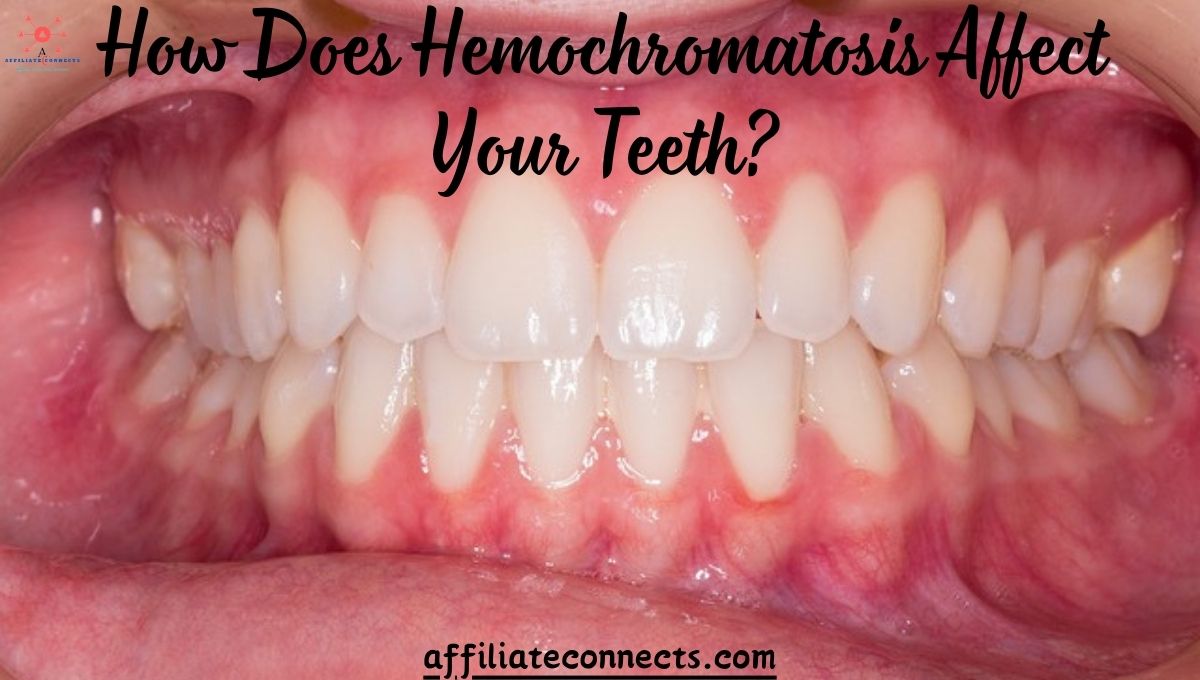Introduction: How Does Hemochromatosis Affect Your Teeth?
Do you understand how hemochromatosis, the ailment characterized by deposits of excess iron in the frame, impacts your dental fitness? This ailment can have an effect on the oral health in many ways. To understand how hemochromatosis affects your teeth, it is tremendous to explore greater the linking between hemochromatosis and dental fitness. Note that iron in excess can simply be unfavorable to the tooth, gums, and respiratory device. So, one might also ask, “How does hemochromatosis affect your teeth?. This can be useful for you inside the procedure of looking for preserving healthy enamel. Let us try to float deeper into this circumstance and, as a result, learn how extra iron in the body can be adverse to oral health. Furthermore, it’s important to understand the long-term effects it can have.
What Is Hemochromatosis?
Hemochromatosis, a genetic situation characterized via immoderate iron absorption, can have giant consequences on many organs, including the liver, coronary heart, and pancreas. Furthermore, its impact can amplify beyond those vital organs, affecting average fitness. In addition, early detection and control are crucial to saving you long-term damage. However, how does hemochromatosis affect your teeth? Not directly inflicting tooth decay or gum disorder, this circumstance can result in oral manifestations via systemic changes in the frame. For example, iron overload can cause discoloration of the teeth to seem grayish or steely.
In addition, secondary symptoms that some sufferers with hemochromatosis may experience encompass dry mouth (xerostomia), which will increase the hazard of cavities and gum disease. Understanding how hemochromatosis has an effect on your tooth includes figuring out its secondary consequences, which encompass the outcomes of diabetes (an ability outcome of pancreatic harm) on gum health, making gums more at risk of infection.
Regular dental appointments, along with retaining proper oral hygiene, are essential for maintaining healthy teeth. Moreover, discussing how hemochromatosis affects your enamel with healthcare professionals is crucial in protecting both your enamel and gums.
How Does Hemochromatosis Affect Your Teeth?
The Role of Iron in Dental Health
Iron overdose might, in all likelihood, alter the environment in your mouth. As a result, it can cause the growth of bacteria, which may, in turn, lead to oral troubles. Here’s how hemochromatosis affects your teeth in element:
- Enamel Discoloration: High iron stages may cause discoloration of your teeth, giving them a brownish or grey coloration.
- Infections: Hemochromatosis will increase the hazard of periodontal disease.
- Enamel weakness: excessive iron can also weaken teeth over time.
- Dry Mouth: Excessive iron may additionally result in the decreased manufacturing of saliva. As a final result, it is able to trigger dry mouth and hurting.
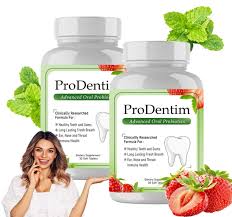
Find Oral care solutions Here
Periodontal Disease and Hemochromatosis
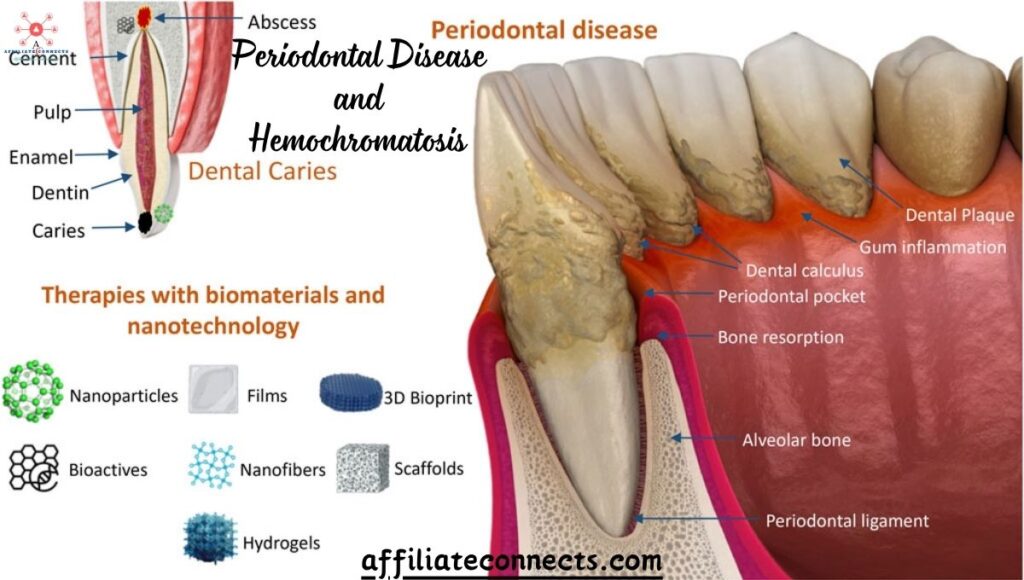
One essential state of affairs is gum health. People frequently wonder, “How does hemochromatosis affect your teeth via gum disorder?” Iron overload can lead to inflammation, which may bring about sizeable fitness issues. Consequently, you might enjoy swollen and bleeding gums.
This highlights the link among hemochromatosis and dental health, prompting the query, “How does hemochromatosis have an effect on your enamel?” Understanding how this situation affects oral health is critical. Furthermore, repeated inquiries, like “How does hemochromatosis affect your enamel?” underline the importance of addressing its consequences on gum and teeth health comprehensively. Moreover, tooth decay and hemochromatosis can be interconnected, highlighting the need for careful attention to dental care.
Tooth Decay and Hemochromatosis
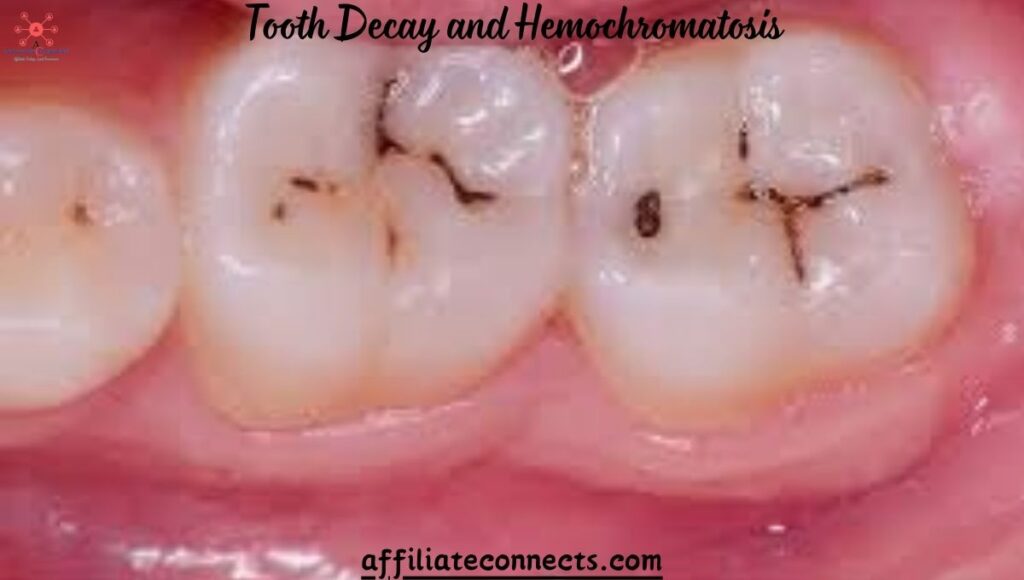
Iron buildup fosters an environment where harmful microorganisms thrive. This can lead to tooth decay. Wondering further, “How does hemochromatosis affect your enamel in terms of cavities?” Excessive bacterial hobby substantially hastens the formation of cavities. As a result, dental issues can expand more quickly.
Visual Representation of Iron’s Impact on Oral Health
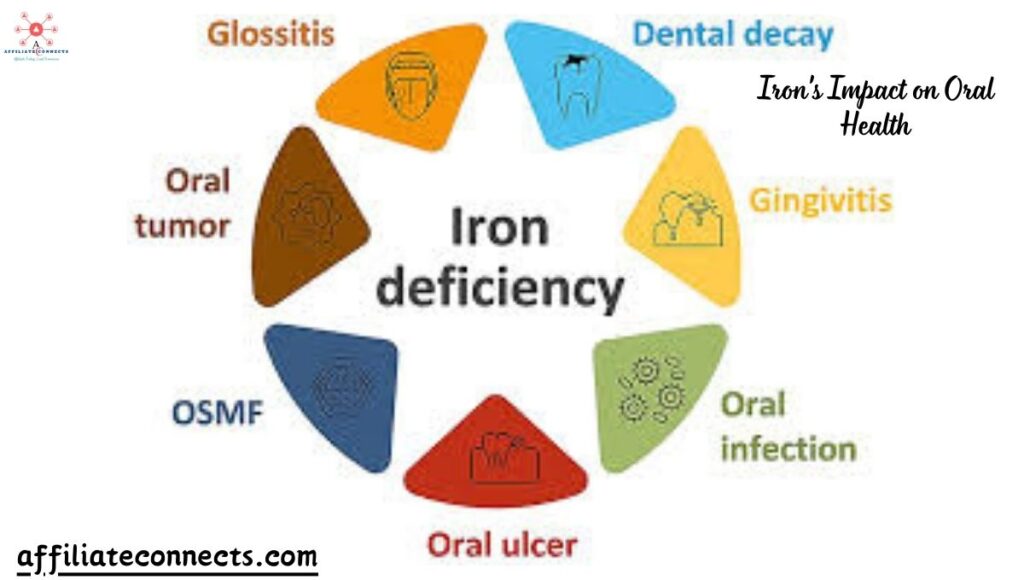
Below is a simple graph showing how hemochromatosis correlates with elevated oral health troubles. Additionally, it highlights the increasing severity of dental issues over time. Moreover, the graph emphasizes the importance of early intervention in managing these concerns.
| Symptoms | Prevalence in Patients with Hemochromatosis |
| Tooth Discoloration | 60% |
| Gum Disease | 45% |
| Enamel Weakness | 30% |
| Dry Mouth | 20% |
Managing Oral Health with Hemochromatosis
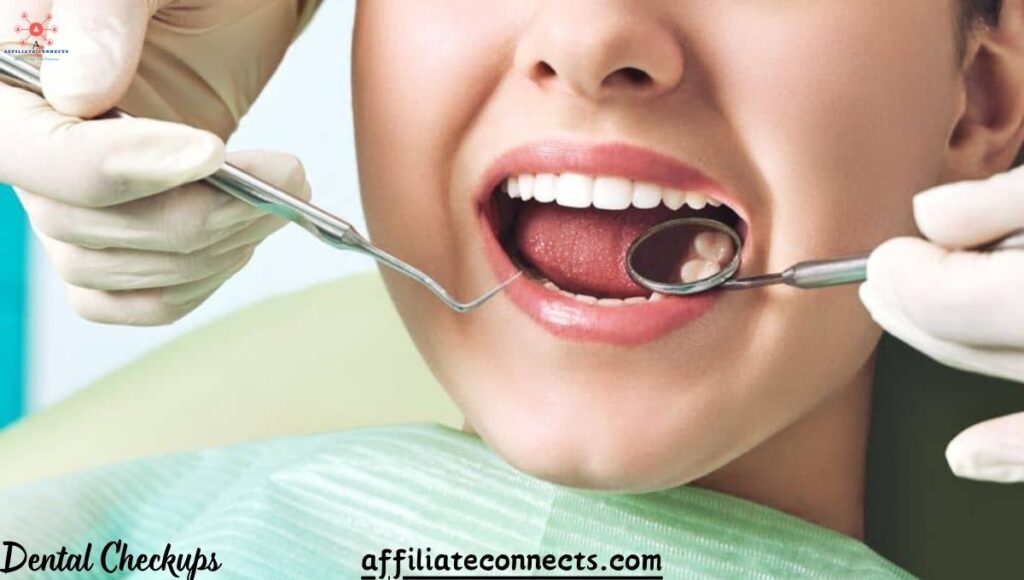
Understanding how hemochromatosis affects your teeth is the first step to addressing capability dental concerns. This situation, which causes excessive iron accumulation within the body, can result in problems like tooth discoloration. Moreover, it can also increase susceptibility to gum disease. Now, let’s discover a few practical tips for preserving wholesome teeth in spite of these demanding situations.
Regular Dental Checkups
Visit your dentist every six months. Detecting oral problems early is important for maintaining oral health. As a result, it may help prevent long-term harm.
Proper Oral Hygiene
Brush your enamel twice daily using fluoride toothpaste. Additionally, don’t neglect to floss in order to remove plaque between your teeth.
Adjust Your Diet
Limit sugary ingredients that feed harmful microorganisms. Additionally, opt for nutrient-rich foods to support and enhance your oral health. Furthermore, this helps prevent potential dental issues.
Hemochromatosis and Dry Mouth Remedies
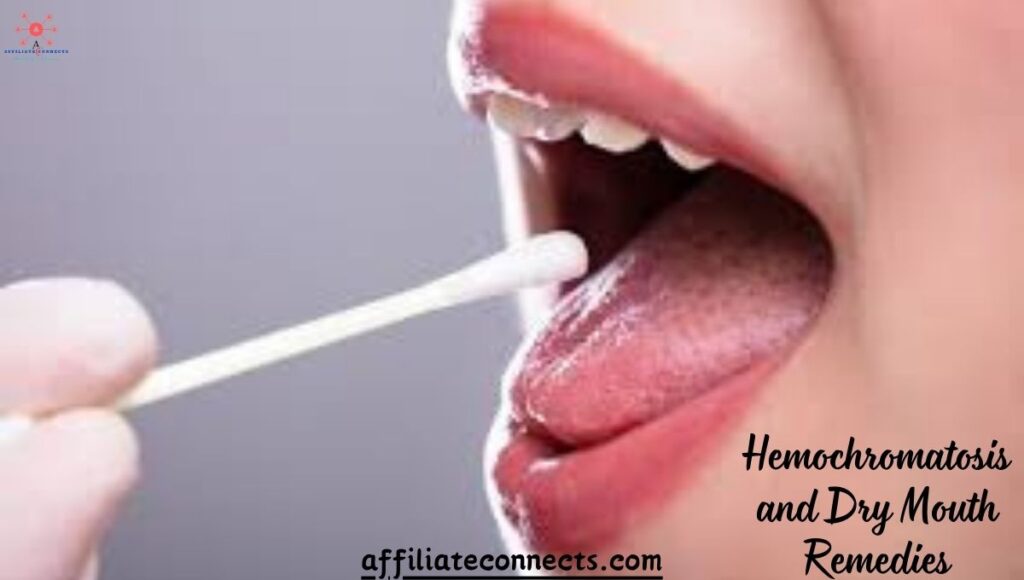
If you enjoy dry mouth, recall the subsequent treatments:
- Use saliva substitutes.
- Chew sugar-loose gum to stimulate saliva.
- Stay hydrated throughout the day.
Hemochromatosis: Supplements for Teeth Care

Patients often wonder, How does hemochromatosis affect your teeth in terms of nutrient absorption? High levels of iron can interfere with calcium and vitamin D, both of which are necessary for healthy teeth. Knowing how hemochromatosis affects your enamel is important because the disease also damages the roots of teeth and causes various dental issues.
Consult your healthcare provider to determine if nutritional supplements are necessary and get their prescription before starting any new supplement. Learning how hemochromatosis affects your teeth assures you take the right steps to care for them.
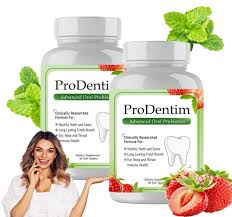
Learn more about this dental solution
Advanced Dental Care: Hemochromatosis & Teeth Impact

For extreme instances, professional treatments like teeth recuperation or tooth whitening may be vital. Additionally, discuss alternatives with your dentist to explore the best options.
Conclusion: How Does Hemochromatosis Affect Your Teeth?
The situation impacts dental fitness through discoloration, gum disorder, and tooth weakening. By knowing how hemochromatosis affects your teeth, you can take proactive steps to maintain a healthy smile. Managing oral hygiene, traveling to your dentist often, and making nutritional modifications are essential. If you believe you studied that how does hemochromatosis have an effect on your tooth is a situation, seek advice from each your doctor and dentist for a comprehensive approach.
Staying informed approximately how hemochromatosis affects your teeth lets you better defend your oral and normal fitness.
FAQs: Approximately How Does Hemochromatosis Affect Your Teeth?
Can hemochromatosis cause enamel loss?
Yes, gum disorder and tooth weak spots increase the chance of enamel loss.
Does iron overload constantly discolor enamel?
No, but it often causes staining in intense cases.
Can hemochromatosis get worse—bad breath?
Yes, bacteria buildup from dry mouth can result in bad breath.
Is gum disease more commonplace in hemochromatosis sufferers?
Yes, iron overload increases gum inflammation, leading to periodontal problems.
Does eating regimen effect how does hemochromatosis affect your tooth?
Absolutely. Sugary foods exacerbate oral problems in iron-overloaded people.
Can children with hemochromatosis enjoy dental troubles?
Yes, early signs consist of tooth weakness and staining.
Are normal toothpaste and mouthwash powerful?
They assist, but specialized fluoride products may additionally provide better safety.
Does treating hemochromatosis enhance dental health?
Managing iron levels can lessen oral complications.
Can dental implants work for sufferers with hemochromatosis?
Yes, but seek advice from your dentist about particular precautions.
Should I inform my dentist about hemochromatosis?
Definitely. Your dentist wishes to tailor treatments thus.
Read more about Health, Fitness, and Other Categories on AffiliateConnects


